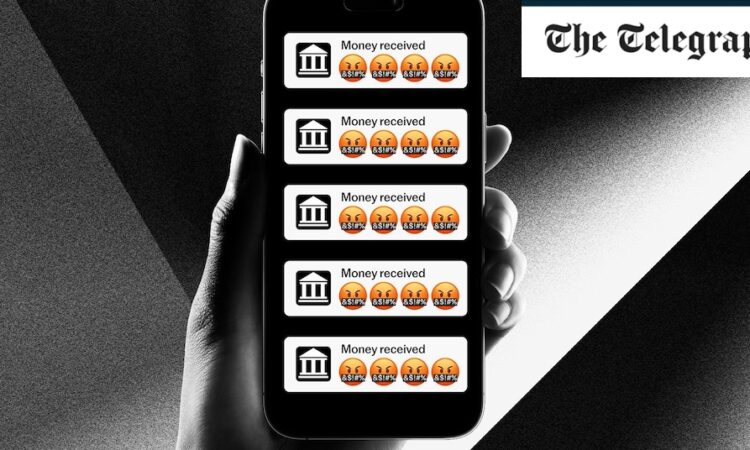
A Santander spokesman said: “Sadly, we’ve seen an increase in the number of customers receiving abusive messages and threats via faster payment messages.
“This can include customers in abusive relationships or those that have put restraining orders in place to protect themselves, and go on to receive death threats and targeted abuse in payments being made to them.
“We hope that this new guidance will help our most vulnerable customers and protect them from any further suffering.”
Last year, Starling Bank launched a feature to allow customers to hide upsetting or abusive messages in payment references.
In Australia, banks are coming up against the same issue. Earlier this year, Commonwealth Bank said it blocked 400,000 “insidious” transactions with offensive language annually.
National Australia Bank (NAB) also said it blocked 15,000 abusive messages a month, and that it went as far as to cut off perpetrators from using certain banking products – either forever, or for a set period of time.
Australian banks have also been taking part in a pilot in which the most troubling messages are passed on to the police.
In the UK, the Domestic Abuse Bill was introduced to Parliament in 2020. But the bill did not explicitly mention the role of technology in domestic abuse.
The previous year, domestic abuse charity Refuge reported that 72pc of women accessing its services said that they had been subjected to technology-facilitated abuse.
In 2022, a Home Office report also found an increasing number of cases and reports of technology-based domestic abuse.
Santander’s move builds on existing safeguards all banks are required to put in place.
As members of the retail payments authority, PayUK, banks already have to block some keywords – although they do not typically make these public in order to avoid safeguards being circumvented.





